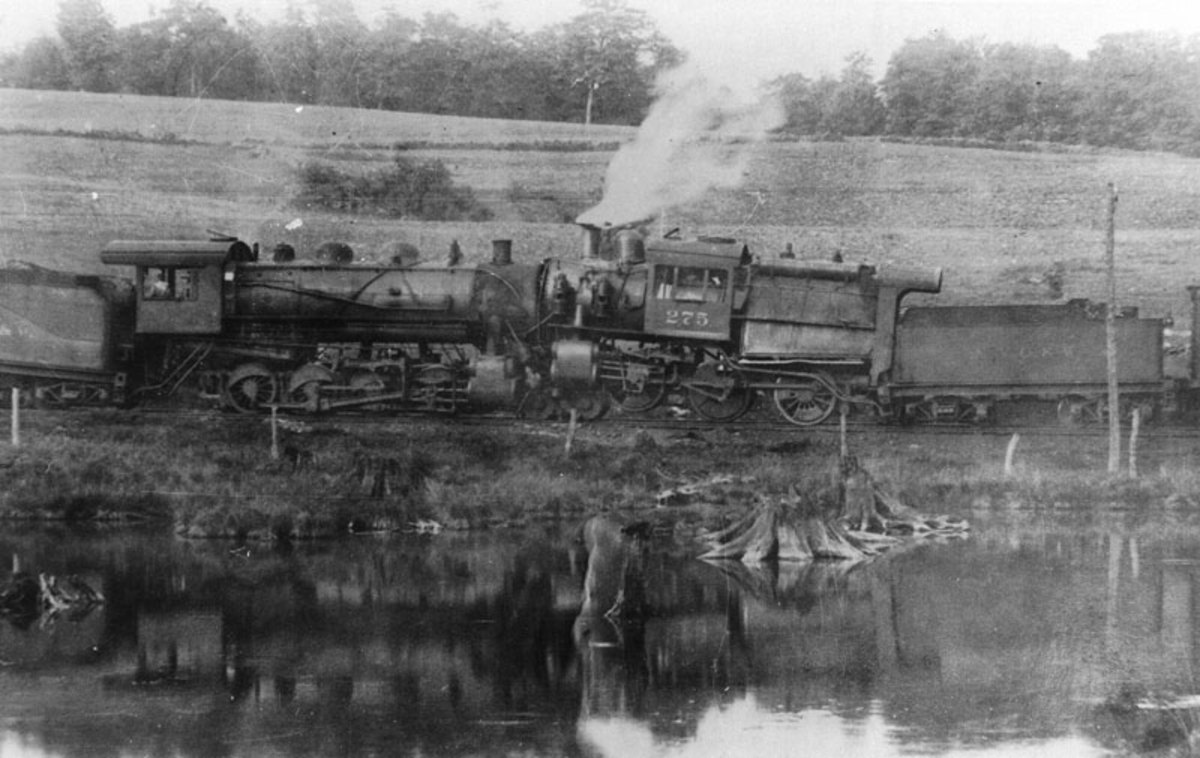Are You a Pantser or a Plotter? The Pros and Cons of Each

In the interest of transparency, it should be known that I am personally a consummate pantser who occasionally stares wistfully at plotting's tempting form.
Plotter or Pantser - Which One Are You?
Are you the sort of person who sits down and carefully plans every detail of a story? Or do you just start writing and see what happens? Plotter, or pantser, there are pros and cons to each style of writing, and it's probably best to give them both an honest try before settling into one. Or maybe you'll never settle! Different projects (and genres) may call for different styles, and it'd probably help to know the strengths and weaknesses of each, right?
Find out what you're gaining and what you're missing out on as we delve into the mysterious world of Plotters vs. Pantsers.
Defining 'Plotting' and 'Pantsing'
Plotting, for the sake of this article, is a writing style where most or all of the details of a story - major and minor events, character traits, settings and worldbuilding - are worked out and written down in advance of starting to write. It doesn't have to be a detailed plan, but it has to exist in some way outside of your own head.
Pantsing is derived from 'flying by the seat of your pants' - which is to say, without a guide. No written plans here, though hastily scribbled notes on coffeeshop napkins might not count as actual planning. The point is, you have only a vague idea where the story is going when you sit down to write, and no recorded plotting ahead of time.
Are you a Plotter, or a Pantser?
Cons of Plotting
- Knowing the whole plot ahead of time may sap the motivation to write it down.
- Plotting sometimes means you have to discard a good idea that comes to you in the middle of writing but would take you in a completely different direction.
- Can lead to formulaic writing and filling-in-the-blanks.
- Tends to result in inorganic info dumps - you know everything at once, so you want to tell your readers everything at once.
- If you plot everything, all your work can start to look the same.
Pros of Plotting
- Plotting means you know exactly where a story is going and are less likely to get stuck in the middle or write yourself into a corner.
- Researching things ahead of time saves time while writing.
- Less likely to create continuity errors as you write.
- Having a structure makes it easier to meet deadlines - you can easily write x words per day if you know exactly what you want to say and where you're going.
- Allows for clearer estimates of final wordcounts.
- You know for sure when you get to the end.
Cons of Pantsing
- All the continuity errors make editing more involved.
- Estimating final wordcounts is a lot more difficult.
- Running out of things to say or writing yourself into a corner is a greater possibility.
- Figuring out where your ending is is harder.
- Critique groups and creative writing teachers get upset with you.
- Deadlines can be harder to meet.
Pros of Pantsing
- The spontaneity can help you stay interested in a story long enough to finish telling it.
- Allows for characters and plots to grow organically.
- Research on-the-fly can lead to new and exciting discoveries.
- Creative strokes of genius are easier to come by in action.
- Saves a lot of time plotting - you get to work faster and possibly finish faster.
- It's easier to let your voice shine through when not constrained by a predetermined plot.
Plotting is (Probably) Best For....
- Epic stories with multiple sub-plots and an ensemble cast. Without some kind of plotting, this kind of story would be very difficult to keep track of.
- Whodunnits, and murder mysteries in general. You kind of need to know who did it so you can plant clues along the way. Those clues will usually take careful planning.
- Research-heavy stories - historicals, for example, but also hard sci-fi and things significantly outside your experience. It's probably not necessary, if you have a good grasp of the things you need to know to start with, but it's helpful.
Pantsing is (Probably) Best For...
- Character-driven stories - characters that need to make their own choices and grow with the narrative can be easier to write without much of a plan in place, since they often surprise you mid-story.
- Short and experimental works - it's probably faster to pants a short story, and something that isn't meant to have a traditional structure won't really benefit from planning one.

Which is Best?
Pantsing, or plotting? I think you can see by now that that's a trick question. Neither of them are the ideal, holy grail of writing techniques, because every writer is different and every story needs different things.
My advice? Try both. Really try them out. Give plotting your best effort and then try writing something else out of nowhere. You might be surprised by what you find!



